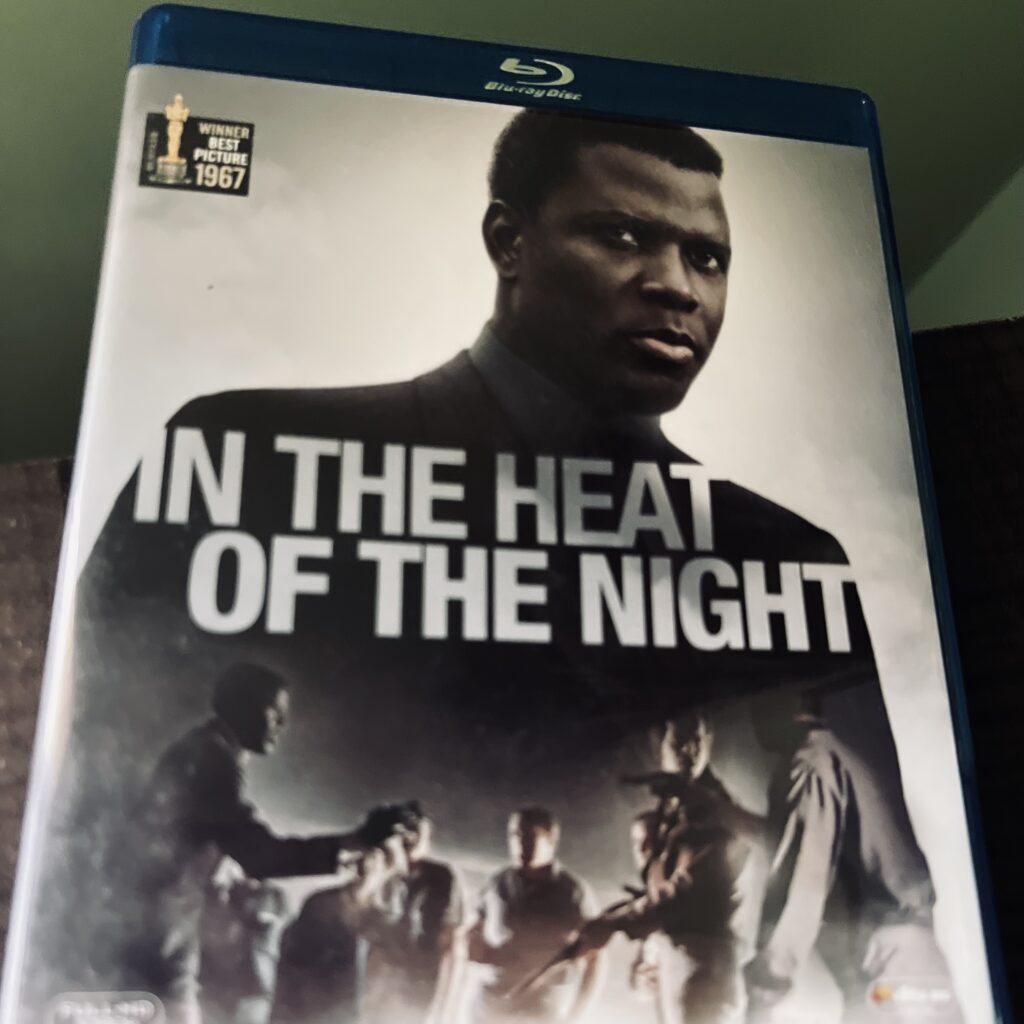
“Coogan’s Bluff” is a crime thriller that offers a mix of solid performances and moments of tension, but also suffers from a lack of originality. Directed by Don Siegel and starring Clint Eastwood, the film attempts to blend action and suspense, but falls short in some aspects.
Eastwood plays the hard-nosed Deputy Sheriff Walt Coogan, who is sent to New York City to extradite a prisoner. But when the prisoner escapes and Coogan finds himself in a dangerous pursuit, he must use his skills and resources to track down the fugitive and bring him to justice. Eastwood delivers a strong and convincing performance as Coogan, conveying both his toughness and vulnerability. The supporting cast, including Lee J. Cobb and Susan Clark, also give solid performances.
Siegel’s direction is efficient, and he manages to create moments of tension throughout the film. However, the plot and pacing of the film can be predictable and the story lacks some originality. Cinematography by Bruce Surtees captures the gritty streets of New York City effectively.
“Coogan’s Bluff” was a significant film in Clint Eastwood’s career, and helped establish him as a leading man in Hollywood. The movie was a commercial success and it was also a stepping stone for him to make films with a variety. It also marked the start of a long and successful partnership between Eastwood and Siegel, who went on to collaborate on several more films together.
For a first-time viewer, “Coogan’s Bluff” offers an engaging crime thriller with a strong lead performance by Eastwood and some suspenseful moments. But the film’s lack of originality may be a drawback. Repeat audience may appreciate the performances and the nostalgia of the film, but the lack of originality may be felt again.
Overall, “Coogan’s Bluff” is a decent crime thriller that has its moments, but also suffers from a lack of originality. With strong performances from the lead actors and some suspenseful moments, it is a film that will keep audiences engaged, but may not leave a lasting impression.
(Written with the help of ChatGPT, 60%)


